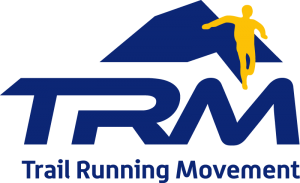
IMPROVE YOUR PERFORMANCE WITH CAFFEINE-BASED PRODUCTS IN TRAIL RUNNING
The intake of caffeine-based sports products, such as gels and energy powders, or natural or added drinks in trail running, before training or in competition can produce the positive effect of improving your performance thanks to an increase in concentration, attention and endurance.
The use of caffeine in training or competition
Before indiscriminately taking cups of coffee or ingesting gels and energy added drinks you must carefully consider the quantities.
In other words, be aware of the milligrams of caffeine you are about to take. Remember that caffeine is contained in several different products. Here are some examples of daily drinks taken by most athletes:
- cup of espresso = 20-30ml = 50-100mg
- cup of tea = 150ml = 25-30mg
- cocoa (with milk) = 100g = 100mg
- coca cola (can) = 330g = 40mg
- can of Red Bull = 250ml = 80mg
Some scientific studies have calculated the effects on performance in hundreds of athletes and reached some useful conclusions.
The minimum dosage used in sports performance varies from 200 to 400mg. High doses of caffeine, over 300mg or more in a single session, can have an undesirable diuretic effect, especially in elite athletes who battle for the podium. Doses of caffeine higher than 500mg can generate: palpitations, tremors and nervousness. These reactions result in an increase in heartbeat, higher consumption and, therefore, the risk of burning precious energy.
Since each athlete has different psycho-physical reactions and own habits or food allergies, it is advisable to test these possible reactions in advance, trying to precisely identify the moment in which the negative symptoms arise and the ways in which they manifest themselves.
Before tackling a competition, test various protocols during your training session both in different moments of physical condition and climatic situations (hot and cold weather).
After these tests, you will be able to determine your daily “limit dose” and prepare the plan for your next race.
Caffeine and sports performance
The caffeine to produce a concrete effect on performance needs a period of time and a certain amount of quantities.
You must consider that, in terms of time, it takes between 30 and 90 minutes to recognize an appreciable reaction.
The maximum result in terms of concentration should occur in about 1 hour after the intake.
Obviously, the reaction time is related with your age, body weight, state of health, use of other supplements, interaction with diet and personal physical characteristics.
Examples of caffeine intake in training and racing
Let’s make two concrete examples of use during short and long trail running sessions.
- Short sessions. In the case of a short training sessions or competitions lasting 1-2 hours, it is sufficient to take a dose of about 6mg / kg of body weight 60 minutes before starting the session
- Long sessions. In the case of long training sessions or ultra trails, 3 hours or more, it is preferable to take smaller and more frequent doses. The average suggested dose is approximately 1-3mg / kg of body weight.
Pay attention to the maximum daily dosage and the limits set by WADA. Remember that caffeine taken in doses higher than the established limits can be considered doping (WADA, January 1, 2018)!
Since the limit varies from athlete to athlete, it is advisable not to exceed the concentration of caffeine in the urine beyond the threshold of 0.012 mg / ml (= 12 mcg / ml). This limit can be reached by drinking the equivalent of 6-8 cups of espresso or 2-3 cups of coffee and milk for breakfast, in the 3 hours before the race … or by mixing several different foods and drinks.
Products with caffeine for trail running competitions
Caffeine can be taken through different products that we will divide between the transportable in your trail running backpack and the ones easily available at the refreshment points, if we are talking about a race:
Transportable
- Energy gel with caffeine (5-100mg)
- Candies-Gummies with caffeine (pack) 50-100mg
At the Refreshments points
- Cup of tea (33mg)
- Cup of brewed coffee (50-100mg)
- Can of coke (70mg)
Caffeine intake during a race
How to properly plan caffeine intake in trail running races?
Here’s a plan:
- Try different amounts of caffeine during your workouts to see how your body responds
- In the competition, introduce the caffeine-based supplement starting from the second half of the race, or in any case starting from the 4th hour (or at a different time depending on the results obtained during the tests)
- If you use caffeine to improve attention, perhaps in the night session, during an ultra trail race, start using it only when you feel tired or sleepy (and do not exceed doses that you have already experienced at the level of tolerance )
At this point, keep testing and enjoy your races and trainings!
Are you willing to talk with a TRM Coach for a personalized advice? Book your call: info@trailrunningmovement.com
Are you looking for more tips on trail running nutrition? Click here: Tips on Trail Running Nutrition and Supplementation
nutrition for trail running, nutrition tips for trail runners, trail running diet



